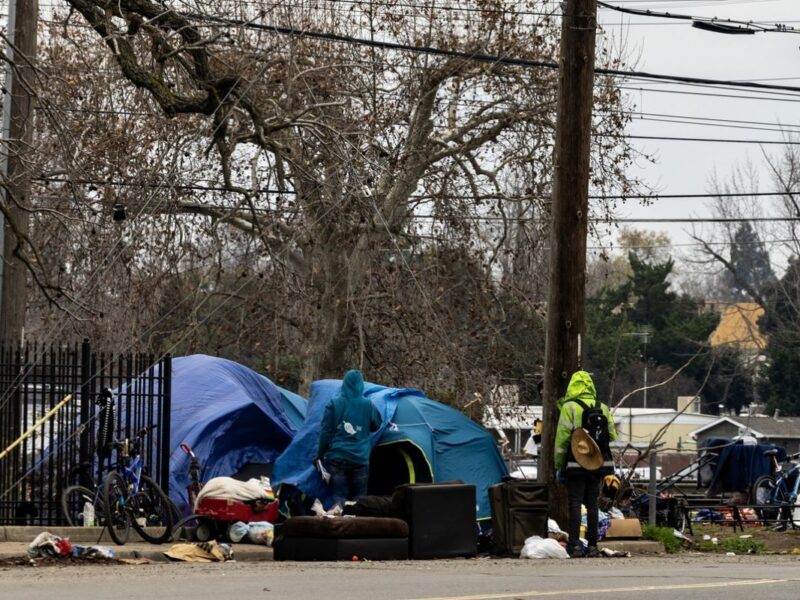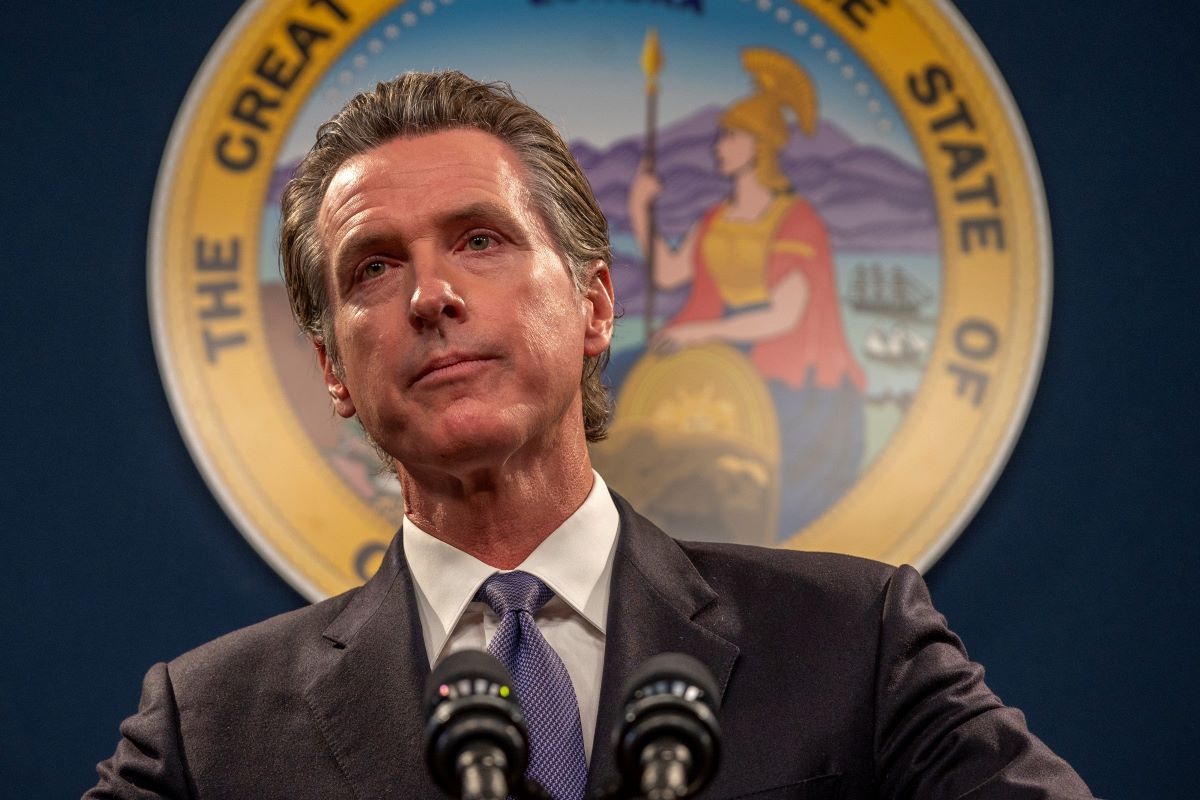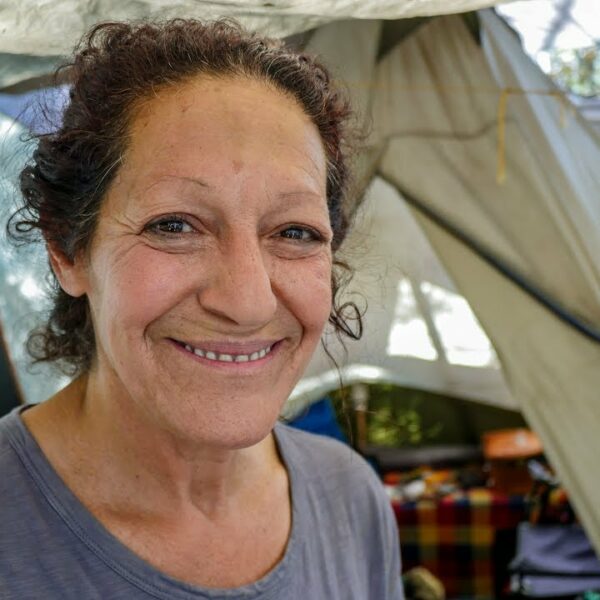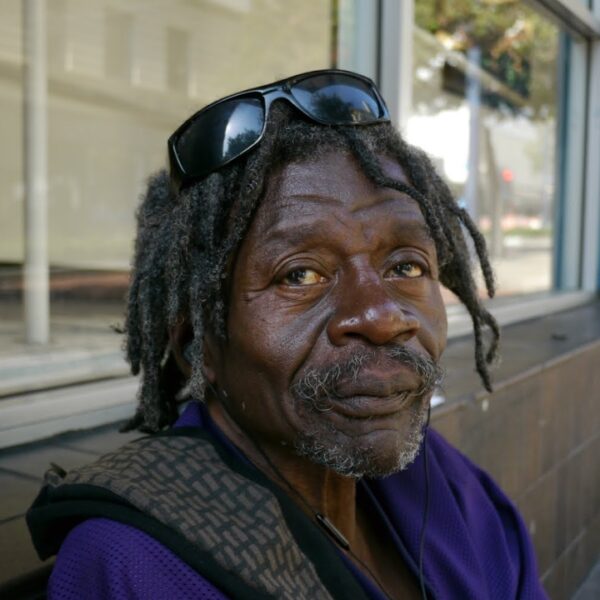California lawmakers like Gov. Gavin Newsom and San Francisco Mayor London Breed are stepping up their fight against a court ruling that prevents state officials from sweeping homeless encampments when there is not enough adequate shelter space available.
The issue stems from the Martin v. Boise case, which the 9th Circuit Court of Appeals decided in 2018. The case basically prevents cities from sweeping homeless encampments unless adequate shelter options are available. California officials have said the ruling has prevented them from ending homelessness.
Newsom told the Associated Press on September 13 that he thinks the federal judges have interpreted the Boise ruling too broadly. “I hope this goes to the Supreme Court,” Newsom said. “And that’s a hell of a statement coming from a progressive Democrat.”
Homelessness in California has been one of the most contentious parts of Newsom’s tenure as governor.
The state is home to more than one-third of the total homeless population in the U.S., and the state budget has allocated billions toward resolving the issue, including $750 million to support encampment sweeps across the state. However, there has been little progress to show for it.
In December 2022, 9th Circuit Judge Donna Ryu issued an order reinforcing the prohibitions against sweeping encampments. The ruling came after advocates with the Coalition for the Homeless sued the City of San Francisco for allegedly continuing the practice. But by late August, the issue seemed to boil over.
Mayor Breed attended a rally outside the 9th Circuit Court where she spoke out against the ruling and said San Francisco is prepared to “do whatever it takes for us to do our job.” A day later, Gov. Newsom blasted the ruling in an interview, calling it “preposterous” and “inhumane.”
San Francisco’s city attorney filed a motion to modify Ryu’s order in January 2023. The motion sought to clarify who can be considered “involuntarily homeless,” which would have stripped them of the injunction’s legal protections.
San Francisco’s argument seemed to target so-called “service-resistant” homeless people who deny services offered to them. However, the 9th Circuit denied the motion on September 5 because both parties agreed that people who deny services do not meet the definition of “involuntarily homeless.”
“People’s lives are at risk; it’s unacceptable what’s happening on the streets and sidewalks,” Newsom said. “We’re now complicit, all of us, at all levels of government and all branches of government.”
Newsom added that he plans to file an amicus brief before the Supreme Court about the injunction. But it remains unclear how the heavily Republican court will rule.
In 2019, the Supreme Court declined to hear a challenge to the Boise v. Martin case because there were no conflicting court decisions.
The lack of conflicting decisions still rings true today, but that hasn’t stopped people from challenging the ruling. In July, the city of Grants Pass, Oregon, filed a lawsuit to overturn the Martin ruling. The court ultimately upheld the ruling, a move that the court’s Republican judges lambasted.
Judge Milan Smith Jr., who President George W. Bush appointed, described homelessness as the defining issue of our time in his dissent. He also said the government had “shirked its most basic responsibilities” to protect the public and ensure that public spaces “remain open to all.”
“One-time public spaces like parks — many of which provide scarce outdoor space in dense, working-class neighborhoods — are filled with thousands of tents and makeshift structures and are no longer welcoming to the broader community,” Smith wrote.
Legal advocates say the issue of sweeping homeless encampments is not going to go away anytime soon. However, they are hopeful that cities will begin to provide the kind of services and support that are needed to end homelessness once and for all.
“Our end goal is not to create a right for people to sleep on the streets. That’s the limited remedy we’ve been given under our Constitution,” Eric Tars, the legal director for the National Homelessness Law Center, said. “They’re missing the point of Martin if they’re just trying to continue a criminalization approach in a more constitutional way.”
How You Can Help
The pandemic proved that we need to rethink housing in the United States. It also showed that aid programs work when providing agencies and service organizations with sufficient funds and clear guidance on spending aid dollars.
Contact your officials and representatives. Tell them you support keeping many of the pandemic-related aid programs in place for future use. They have proven effective at keeping people housed, which is the first step to ending homelessness.













